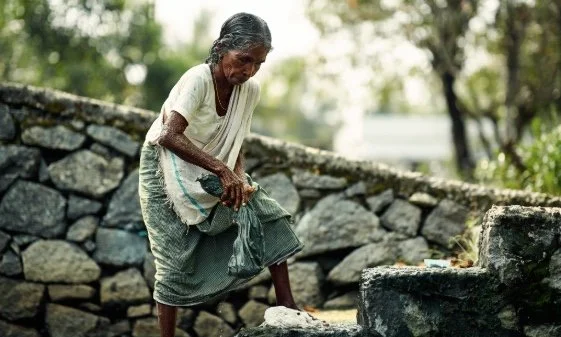
Kerala Set to Declare End of Extreme Poverty, Experts Question the Basis
As Kerala Chief Minister Pinarayi Vijayan prepares to formally declare the state the first in India to be entirely free from extreme poverty on November 1, a group of economists, statisticians and public intellectuals have posed a basic and unavoidable question: how was this conclusion reached?
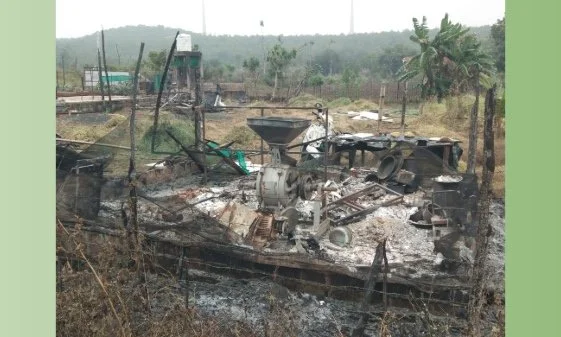
Youth Collective’s Site Set on Fire After Assault, Charges Over Books on Ideology
Unidentified individuals set fire to a rural campus run by the youth collective HOWL (How Ought We Live), which works with tribal communities, destroying property worth lakhs. The suspected arson came after months of rising hostility, including physical assaults, allegedly by local right-wing groups, and the arrest of the group’s founder on charges of offending religious sentiments.
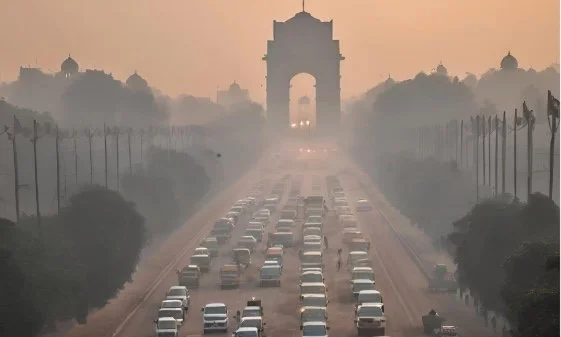
India Accounts for 70% of Global Air Pollution Deaths: Report
India accounts for nearly 70% of all global deaths caused by air pollution, according to a new international report by a global research collaboration, the Lancet Countdown. The report estimates that PM2.5 pollution in India is now responsible for around 1.72 million deaths each year, marking a sharp 38% rise since 2010.
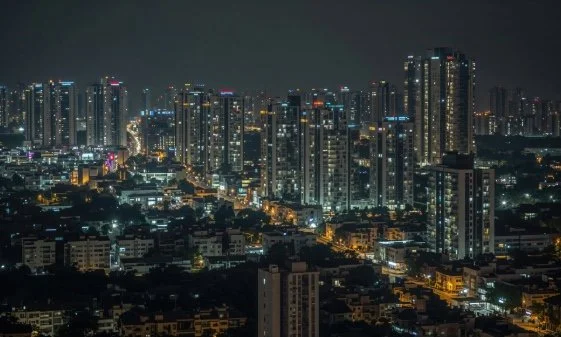
Ground is Sinking Under Millions of Homes in Indian Cities: Study
A new study offers a serious warning for India’s rapidly expanding urban areas, presenting evidence that large parts of five megacities, including Delhi, Mumbai, Chennai, Kolkata and Bengaluru, are sinking due to the over-extraction of groundwater. This subsidence is causing uneven ground deformation, which in turn is putting thousands of buildings at growing risk of long-term structural damage.
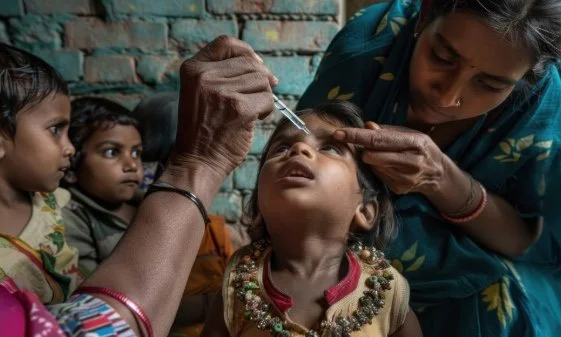
India’s Free Healthcare Scheme Failing Patients as Hospitals Go Unpaid, Says Report
A report by The Guardian warns that delayed payments to hospitals are threatening the functioning of the Ayushman Bharat health insurance scheme. Paired with the lack of basic healthcare infrastructure in many parts of the country, especially in rural and neglected areas, the crisis becomes even more pressing.

Can Long-Haul Flights Be Safe With Fewer Pilots and Longer Shifts?
The aviation regulator’s decision to extend duty hours for pilots flying the Boeing 787 Dreamliner, a wide-body aircraft used for long international flights, has direct safety implications for passengers. The decision ignores key fatigue-related risks that global regulators and airlines are actively trying to reduce, and it does so at a time when the aircraft in question already has limitations affecting pilot rest during flight.

LIC Denies Government Role in $3.9 Billion Adani Investments
The Life Insurance Corporation of India (LIC) has rejected allegations made by The Washington Post that its investment decisions, specifically a $3.9 billion infusion into companies owned by industrialist Gautam Adani, as reported by the newspaper, were directed by the Indian government. What remains unanswered is whether LIC considered the legal and financial risks associated with Adani Group at the time, and how it justified increasing its exposure despite market volatility and public criticism.
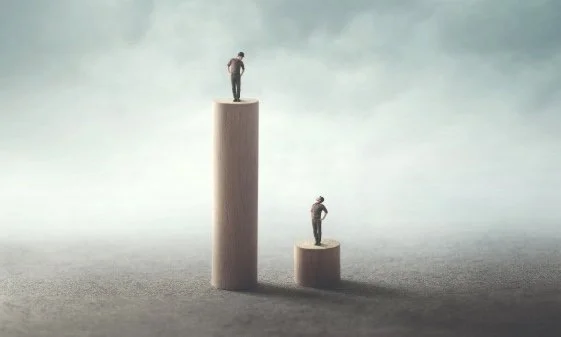
Government Routed LIC Investments to Adani, The Washington Post Alleges
An investigative report by The Washington Post alleges that the Indian government directed $3.9 billion in public funds from the state-owned Life Insurance Corporation (LIC) into industrialist Gautam Adani’s companies at a time when global lenders were retreating due to fraud and bribery charges filed against him in the United States. The report presents this as an example of the convergence of crony capitalism, state-enabled financial support and elite consolidation within India’s current political economy.

Govt Limits Who Can Issue Internet Takedown Orders, But Questions Remain
The central government has restricted the number of officials authorised to order the removal of online content from social media platforms and websites, departing from its earlier policy that allowed thousands of officers to issue such directions. While the change appears to promote accountability, it leaves unresolved the concern that a government-run effort to combat “misinformation” could also silence legitimate reporting, commentary and political critique.

MP Police Treat Reading Political Ideology as Evidence of Crime
Madhya Pradesh Police have cited books on fascism and communism as evidence in a chargesheet against a youth collective founder accused of hurting religious sentiments. If political literature can be treated as criminal evidence, then any citizen engaging with dissenting ideas risks being branded a threat to public order.

Our Government Says It Loves Hindi, Then Bans a Hindi Scholar
Francesca Orsini, a world-renowned scholar of Hindi and South Asian literature, was turned away at Delhi airport despite holding a valid Indian visa, without explanation. If this government is truly the patron saint of Hindi, it seems to have a curious way of showing affection, by banning one of its most devoted translators.

Judge With Civil Rights Record Shifted to Lower Rank After Govt Request
The Supreme Court collegium has reportedly altered its earlier recommendation on the transfer of Justice Atul Sreedharan, a senior High Court judge known for pro-civil rights rulings, following a request from the Union government. This suggests that the judiciary’s internal decisions remain vulnerable to executive pressure, and the collegium has willingly accommodated that pressure rather than defending its own independence.
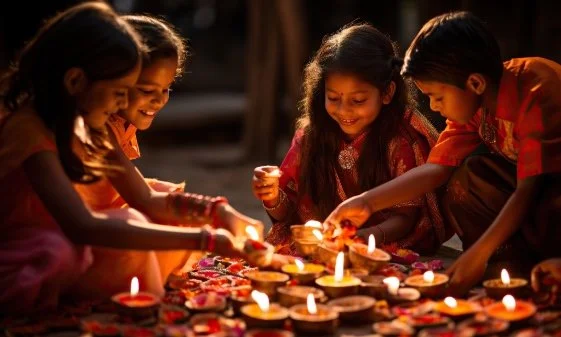
Delhi Needs No Balance Between Diwali and the Air It Breathes
Calling it a “balanced” decision between tradition and the environment, Delhi’s Chief Minister welcomed the Supreme Court’s move to allow firecrackers this Diwali, even as the city’s air turned visibly toxic. There is no balance in that. There is evasion, political softness and a confusion between ritual and substance.
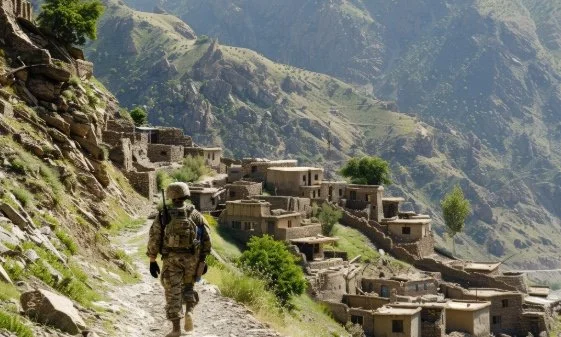
Ladakh Protest Curbed by Internet Ban and Police Deployment
A planned silent march by the Leh Apex Body (LAB) and Kargil Democratic Alliance (KDA) on Oct. 18 was blocked in Leh, Ladakh, by police deployment and a mobile internet shutdown. In a democracy, a demand for statehood and constitutional safeguards must be heard, not silenced.
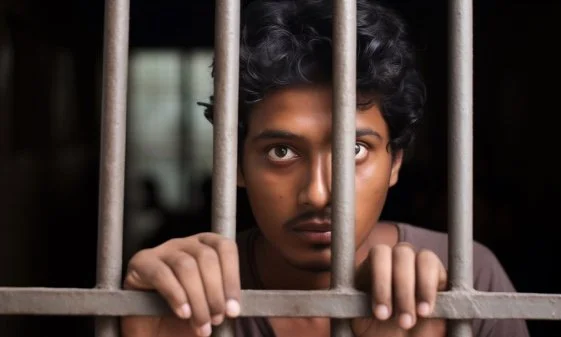
3 in 4 Prisoners in India are Undertrials, Mostly Poor and Marginalised
Over 500,000 people are currently locked up in Indian prisons. Nearly three-fourths of them are undertrials, people who have not been convicted of any crime, as noted by IndiaSpend. Most are poor, young and come from historically disadvantaged castes. The question is not how many, but why they are still there, and who keeps them there.
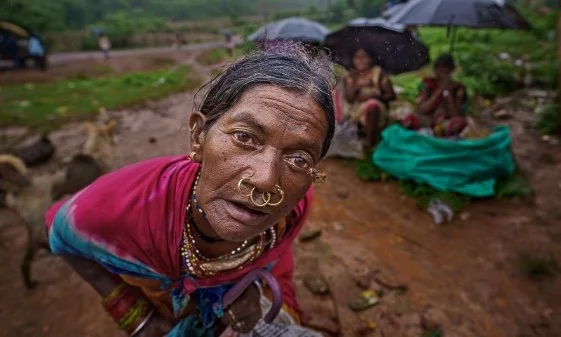
Government Wants to Push Hindi in Tribal Schools
The Union Ministry of Tribal Affairs has directed government-run residential schools in tribal areas to promote Hindi among students. The order appears to impose language from above, brushing aside the cultural and linguistic rights of tribal communities and eroding the Constitution’s promise of plural and inclusive education.
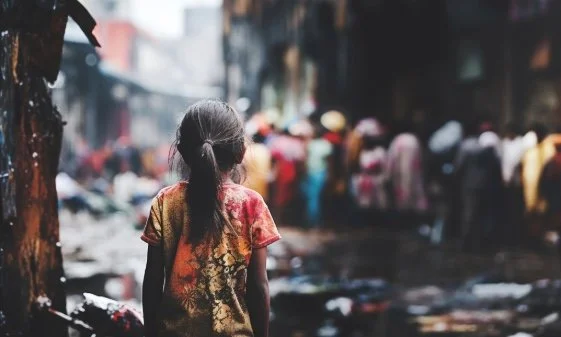
India’s Hunger Rate Stands Still as World Hunger Falls
October 16 is World Food Day. On this day, the 2025 edition of The State of Food Security and Nutrition in the World reports that global hunger has fallen, with 8.2 percent of the world’s population undernourished in 2024, down from 8.7 percent in 2022. But the report also shows that India has made no real progress. The country’s three-year average undernourishment rate for 2022 to 2024 is 12 percent, the same as it was a decade earlier.

Report Shows Emotional Distress Rising Worldwide
A new report on emotional health shows that worry and stress now affect nearly four in 10 adults worldwide, with emotional distress levels rising sharply over the past decade. The trend must be taken as a warning about systemic neglect by governments and global institutions of emotional health as a pillar of public wellbeing and peace.
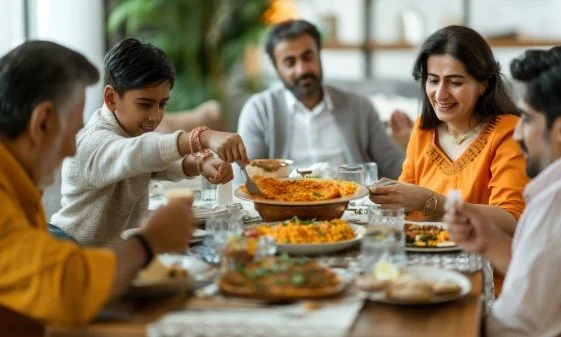
National Survey Finds Indian Diets Too Heavy on Refined Carbs
India’s largest-ever nutrition and metabolic health survey has found that 62% of daily calories in Indian diets come from carbohydrates, most of them of poor quality. The finding suggests that the country’s food systems, policies and poverty conditions are pushing people toward diets that increase their risk of diabetes and obesity, not protect against them.
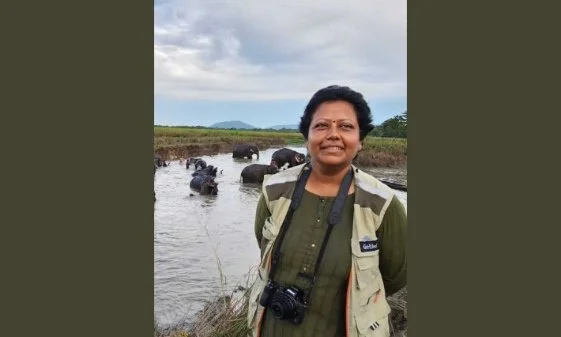
IFS Officer Sonali Ghosh Wins Global Award for Wildlife Rehab
Dr. Sonali Ghosh, field director of Kaziranga National Park and Tiger Reserve, has won the WCPA-Kenton Miller Award for her innovative contributions to wildlife area conservation. Her work focuses on what happens to wild animals that are rescued or bred in captivity, and how they can be returned to their natural habitats. It points to the need for a major shift in how wildlife conservation is currently practiced in India.
